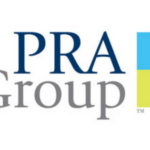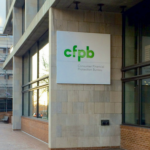A District Court judge in Minnesota has granted summary judgment in favor of a defendant that was accused of violating the Telephone Consumer Protection Act by using an automatic telephone dialing system to contact an individual and calling a reassigned number 140 times — leaving voicemails on four of those calls in an attempt to collect on an unpaid debt.
Using the ruling in ACA International v. Federal Communications Commission, which invalidated much of a 2015 Declaratory Order from the FCC — including a one-call safe harbor when contacting an individual on a mobile phone — a judge determined that the calls and voicemails were reasonable under the TCPA.
The defendant was attempting to contact a customer with an unpaid debt. The defendant had successfully communicated with the customer on the phone number in question on numerous occasions, but the customer did not tell the defendant when he changed phone numbers and the number had been reassigned to the plaintiff.
A copy of the ruling in Roark v. Credit One Bank can be accessed by clicking here.
The defense received four calls from the plaintiff’s phone number, even though the caller ID still populated with the original customer’s information, but every time the plaintiff was connected with a representative, he hung up the phone. Finally, the plaintiff did speak with a representative of the defendant and said the number had been reassigned, at which point the defendant placed the number on a do not call list and never contacted him again.
Because the defendant argued its dialing systems do not have the present or future capacity to dial numbers randomly or sequentially and because the plaintiff failed to provide enough evidence, the judge ruled that the system used by the defendant was not an ATDS. The plaintiff urged the judge to follow the ruling from the Ninth Circuit Court of Appeals in Marks v. Crunch San Diego, but the judge said he found other rulings from the Second, Third, and D.C. Courts of Appeals more persuasive.
As well, because the defendant had no knowledge that the phone number had been reassigned and because it had successfully used that number in the past to communicate with its customer, it was reasonable for the defendant to use the prior expressed consent from the customer to continue calling.
“Credit One had express consent from R.B. to call him at the number he provided, including consent to call him with prerecorded messages. Credit One had no reason to know that the phone number had been reassigned because they received no notice from Roark and the caller I.D. for the number still populated with R.B.’s information.”









